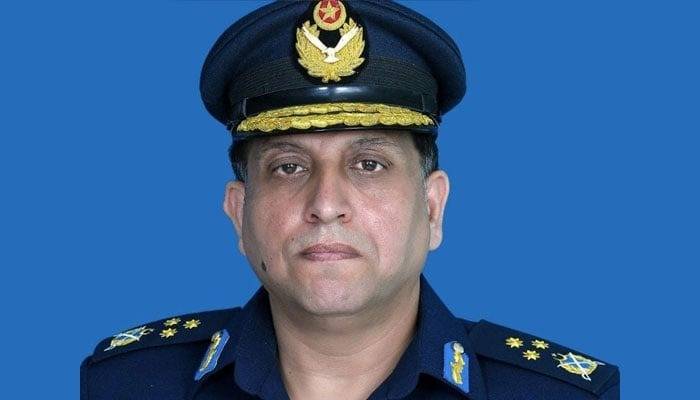Air Chief Marshal Zaheer Babar, Chief of Air Staff of the Pakistan Air Force, has concluded high‑level meetings with senior US civil and military officials in Washington, D.C., aimed at strengthening bilateral defence cooperation and regional security frameworks.
Meeting Highlights
- Defence Cooperation:
Discussions centered on expanding joint exercises, interoperability, and defence readiness through enhanced training programmes and personnel exchanges. - Regional Security Coordination:
Talks addressed strategic issues in South Asia and Afghanistan, focusing on counterterrorism, emerging threats, and crisis-management partnerships. - Technology and Capability Sharing:
Both sides explored collaboration on air defence technologies, intelligence sharing, early warning systems, and logistics support.
Strengthening Bilateral Relations
- Institutional Ties:
Emphasis was placed on reinforcing longstanding military ties through regular exchanges, expert-level dialogues, and aviation standards harmonization. - Training & Education:
Pakistan Air Force officials discussed enrolling in professional military education programmes, joint aircrew training, and structured technical workshops hosted by the US Air Force. - Peacekeeping and Humanitarian Cooperation:
Collaborative planning initiatives were reviewed for peacekeeping missions, humanitarian relief operations, and coordinated aircraft deployment protocols.
Strategic Outcomes Expected
- Joint Exercises Expansion:
Plans were discussed for enhanced participation in multinational air combat drills and readiness events. - Operational Interoperability:
Technical working groups will be formed to align communication protocols, command systems, and airspace management standards. - Logistics and Maintenance Cooperation:
Potential frameworks were outlined for sharing maintenance infrastructure, spares provisioning, and mutual-use aerospace facilities.
Broader Implications for Pakistan‑US Ties
- Bilateral Defence Partnership:
The visit reinforces the strategic military-to-military link between Pakistan and the United States, underscoring trust and shared goals in regional security. - Geostrategic Connectivity:
It supports broader diplomatic alignment, cooperation in regional stability, and a coordinated approach to emerging transnational threats. - Institutional Confidence:
The visit highlights Pakistan Air Force’s growing role in global military collaboration and its readiness to engage in international defence frameworks.
Next Steps
- Technical Meetings Ahead:
Follow-up delegations will refine plans on interoperability, training curricula, and defence logistics cooperation. - Drafting Agreements:
Framework MoUs will be prepared outlining joint training events, knowledge‑sharing protocols, and technology exchange. - Program Implementation:
Operational teams will work on implementation timetables for exercises, exchange visits, and modernization projects.



Comments (0)
No comments yet. Be the first to comment!
Leave a Comment